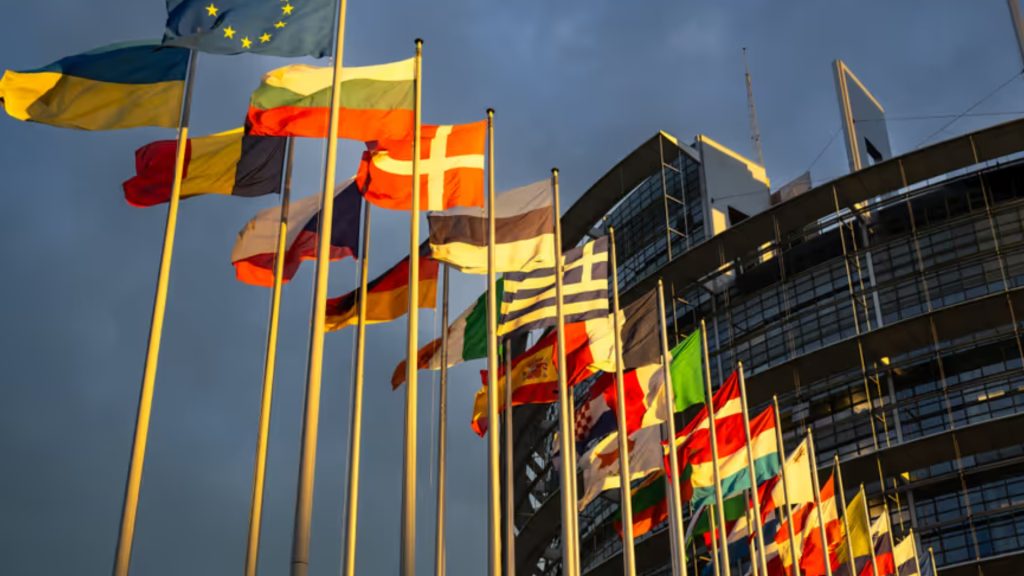The European Parliament has voted to significantly scale back the scope and requirements of the European Union’s (or EU’s) landmark sustainability laws. These include the Corporate Sustainability Reporting Directive (CSRD) and the Corporate Sustainability Due Diligence Directive (CSDDD). The move, adopted with 382 votes in favor, marks a victory for groups advocating for regulatory simplification and competitiveness but drew sharp criticism from environmental and human rights organizations.
Dramatically narrows the scope of reporting:
The vote, part of the EU’s “Omnibus I” simplification package, will dramatically reduce the number of companies subject to mandatory reporting. Under the Parliament’s new position:
- CSRD (Sustainability Reporting): Only businesses with an average of over 1,750 employees and a net annual turnover exceeding €450 million would be required to perform detailed social and environmental reporting. This significantly raises the bar from the initial proposed threshold.
- CSDDD (Due Diligence): Due diligence requirements would only apply to very large corporations with more than 5,000 employees and a net annual turnover of over €1.5 billion.
Lawmakers argue these changes will protect up to 90% of smaller companies from excessive administrative burdens while retaining key obligations for the largest corporations.
Removal of key climate requirements:
The Parliament’s adopted position also eliminates several critical requirements related to climate ambition:
No Mandatory Transition Plans: Companies falling under the CSDDD will no longer be required to prepare a transition plan to make their business model compatible with the Paris Agreement’s 1.5°C goal.
Liability Shift: Liability for non-compliance with due diligence requirements will be shifted to the national level instead of the harmonized EU level, potentially creating a “patchwork” of enforcement across member states.
Criticism and next steps:
The vote was immediately condemned by environmental groups, who asserted that the move “gutted the impact” of the laws and signalled a retreat from the EU’s climate leadership. Critics warned that the changes grant a license to multinational corporations to offshore environmental and human rights risks.
The adopted text now serves as the Parliament’s negotiating position. Negotiations (known as “trilogues”) with the EU Council (representing member states), which had previously adopted a less drastic position, are scheduled to begin next week, with the aim of finalizing the legislation by the end of 2025.












